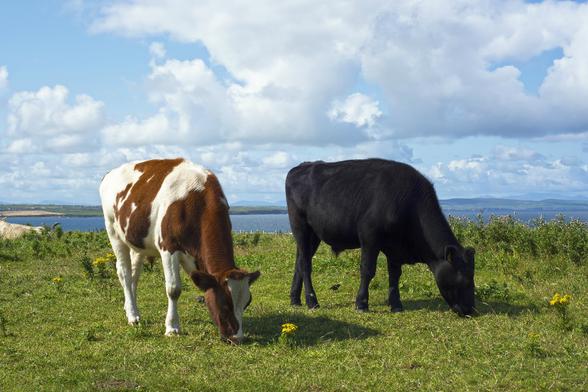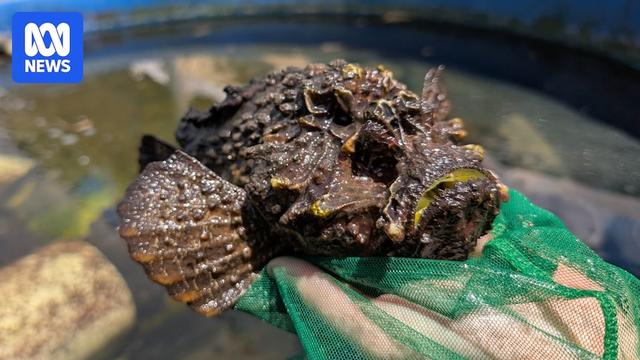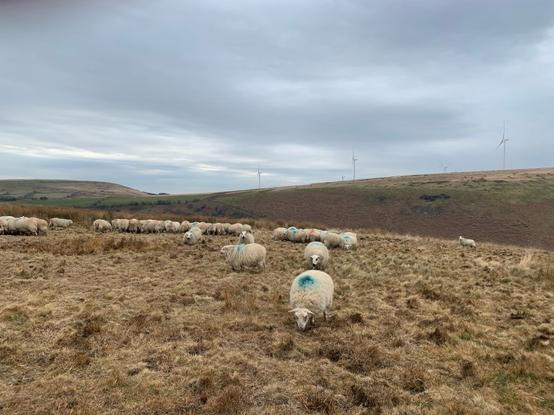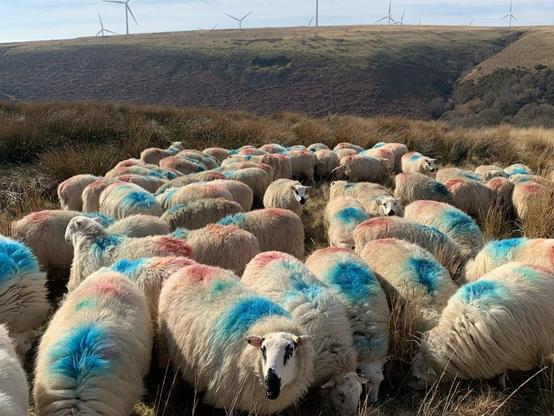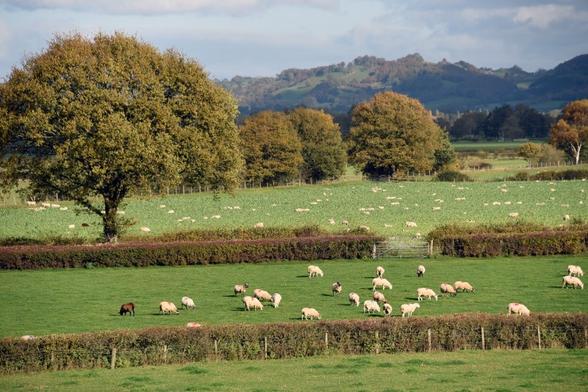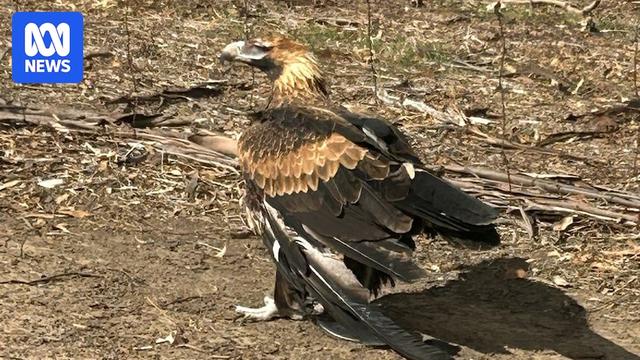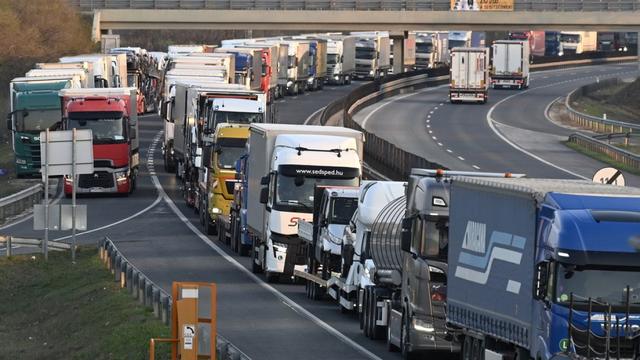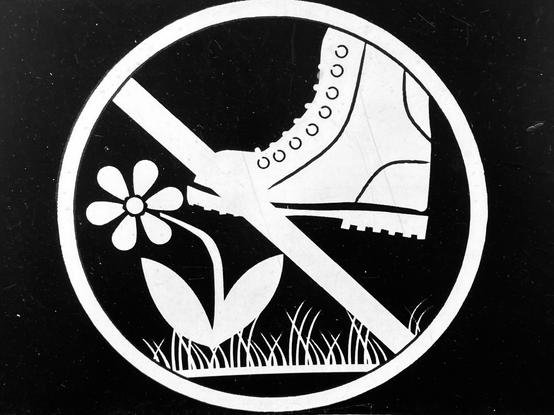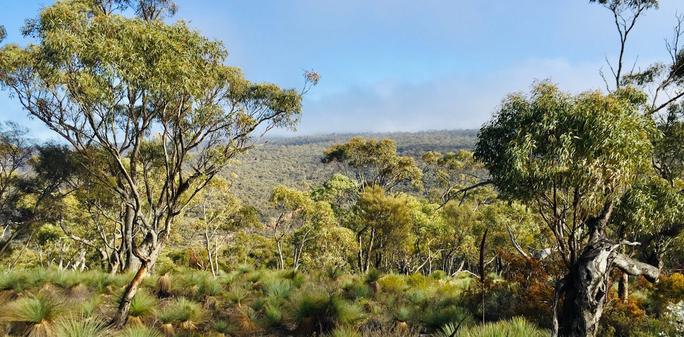https://www.gov.uk/government/news/government-extends-ban-on-personal-meat-imports-to-protect-farmers-from-foot-and-mouth
https://www.gov.uk/government/news/government-extends-ban-on-personal-meat-imports-to-protect-farmers-from-foot-and-mouth
PR campaign may have fuelled f...
A reminder about the critical importance of conservation and biodiversity for bluesky research.
We literally don’t know about what exists on our world, and what potential it has on medicinal development.
https://www.abc.net.au/news/2025-04-13/stonefish-toxin-could-help-fight-parasitic-worms-in-livestock/105160120
#AusPol #AusSci #AusSci #AgChatOz #ClimateCrisis #Medicine #Biodiversity #Livestock
Farmers urge dog walkers to keep pets on leads to avoid ‘devastating impact’ of livestock attacks
As the Easter holidays get underway, the Farmers’ Union of Wales (FUW) is asking dog owners to act responsibly when out enjoying the countryside.
Its a message that’s been echoed by Swansea Council who have urged residents and visitors alike to follow the Countryside Code and make sure that if they’re taking their dogs on their walk on the hills around the city or on Gower that they keep them on leads anywhere near livestock.
Andrew Stevens, Swansea Council’s Cabinet Member for Environment and Infrastructure, and a livestock farmer in Gorseinon, said most of the 400 miles of rural paths and bridleways in the Swansea area cross farmers’ fields and dogs running free off their leads was a continuing concern where livestock was present.
He said: “Working alongside our partners in the farming community and Gower, our countryside access team plays its part in supporting the network of rural footpaths that add to the charm and people’s enjoyment of this incredible place.
“But we want to urge visitors to follow the Countryside Code and keep their dogs on leads where there is livestock around. Gower and other rural areas of Swansea are home to many livestock farms and sheep in particular are at risk from dogs.”
Sheep on the hills of Swansea’s Mawr ward.(Image: Swansea Council)
Cllr Stevens added: “The farming community welcomes responsible dog owners, but many visitors are not aware that even if their dog doesn’t come into direct contact with a sheep, the distress caused by being chased by a dog can trigger a pregnant ewe to die or miscarry.
“No matter how in control of their pets they think they are, owners should always remain alert and dogs should always be on a lead around livestock.”
The Dogs Protection of Livestock Act (1953) makes it an offence to allow a dog to worry livestock and can be punished with a fine of up to £1,000.
However, over recent years the Farmers Union of Wales (FUW) has been lobbying to ensure the police have greater powers to deal with attacks on livestock, stressing the importance of strong enforcement in preventing attacks.
Currently, the Dogs (Protection of Livestock) (Amendment) Bill is making its way through Parliament. The Bill includes changes to what constitutes an offence, and increased powers for investigation of suspected offences.
Commenting on the impact livestock worrying on farmers, FUW Regional Vice-President, Anwen Hughes said: “These attacks are not mere numbers; they inflict devastating trauma on livestock and further economic strain and stress on farmers. Beyond fatalities and severe injuries, the stress alone can trigger miscarriages in ewes, or lambs to become separated from their mothers.
“This Easter, as we prepare to welcome visitors to enjoy our beautiful countryside, it’s crucial dog owners demonstrate diligence and responsibility when outside. Dog owners should never underestimate their dog, even the most friendly and well-trained dogs, have a natural instinct to chase and its vital that owners act responsibly when outside in the countryside.
“There are no winners from livestock attacks. The trauma ripples through livestock, dog owners, and farmers, often leaving lasting emotional scars and a persistent fear of recurrence.”
WLMQ Farm, Williams, Red House, Trefeglwys.(Image: FUW)
The FUW also emphasised the importance of dog owners cleaning up after their dog. Dog waste can spread diseases to livestock, and it’s vital dog owners bring bags and dispose of dog feces properly in a bin and not just throw it away.
As part of their campaign to raise awareness of livestock worrying, the FUW has created signs for farmers and landowners encouraging dog owners to keep their dogs on a lead.
Ian Rickman, FUW President commented: “The FUW continues to lobby for greater police and legal powers to deal with dog attacks on livestock and the devastating impact they continue to have on Welsh farmers. Ultimately however, attacks on livestock are completely preventable through responsible dog ownership by the public.
“As farmers there are some precautions we can undertake to mitigate against the risk of dog attacks on our livestock. Steps such as displaying appropriate signage, clearly warning dog owners to keep their dogs on leads and under control, can be helpful in raising awareness and hopefully ensure the countryside can be enjoyed by everyone in a sustainable manner.”
(Lead image: Swansea Council)
#CllrAndrewStevens #countryside #Dogs #FarmersUnionOfWales #Farming #FUW #Gower #livestock #sheep #sheepWorrying #Swansea #SwanseaCouncil #walking
Seven wedge-tailed eagles have been found shot on a property in southern New South Wales.
"Six of the birds were found dead on the property at Eurongilly, about 60 kilometres from Wagga Wagga, while a seventh was injured but had to be euthanased.Wedge-tailed eagles are a protected species in New South Wales and mainland Australia under the Birds and Animals Protection Act".
>>
https://www.abc.net.au/news/2025-04-10/seven-wedge-tailed-eagles-die-after-being-shot-near-wagga-wagga/105150464
#birds #crime #Biodiversity #NSW #farmers #mindsets #livestock #harm #BirdsOfFediverse
Ensuring global food supply an...
#Poisoned #drinking #water. #Dead #crops, #livestock, and #people. Hundreds of thousands of #homes and #infrastructure #destroyed. #Hunger, #sickness, dead #babies. This is what the #climatecrisis looks #like. #fossilfuels #oil #climatechange #environment #SouthSudan #BlackLivesMatter #blm
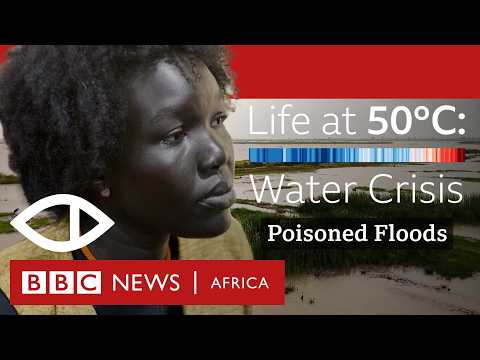
Life at 50°C: South Sudan's Poisoned Floods: A Climate Crisis Unfolds | BBC Africa Eye Documentary
Austria closes off 24 border crossings with Hungary and Slovakia after foot-and-mouth disease outbreak.
Slovakia declared an emergency on Tuesday after the disease was found on three farms.
Hungary had the first outbreak of the highly infectious disease in 50 years on Wednesday, leading the country to deploy soldiers and launch disinfection measures to contain it in an area bordering Slovakia and Austria.
#Austria #Hungary #Slovakia #FootAndMouth #Farming #Livestock
Gewalt in der Nutztierhaltung:...
Global impoverishment of natural vegetation revealed by dark diversity - and humans are the reason
"Our activities have become a planet-shaping force, from changing the climate through our emissions to farming 44% of all habitable land. As our footprint has expanded, other species have been pushed to extinction."
>>
https://theconversation.com/invisible-losses-thousands-of-plant-species-are-missing-from-places-they-could-thrive-and-humans-are-the-reason-252378
#biodiversity #loss #destruction #ecosystems #impoverishment #flora #sprawl #roads #infrastructure #graziers #livestock #LoggingImpacts #pollution #DarkDiversity #extinction
